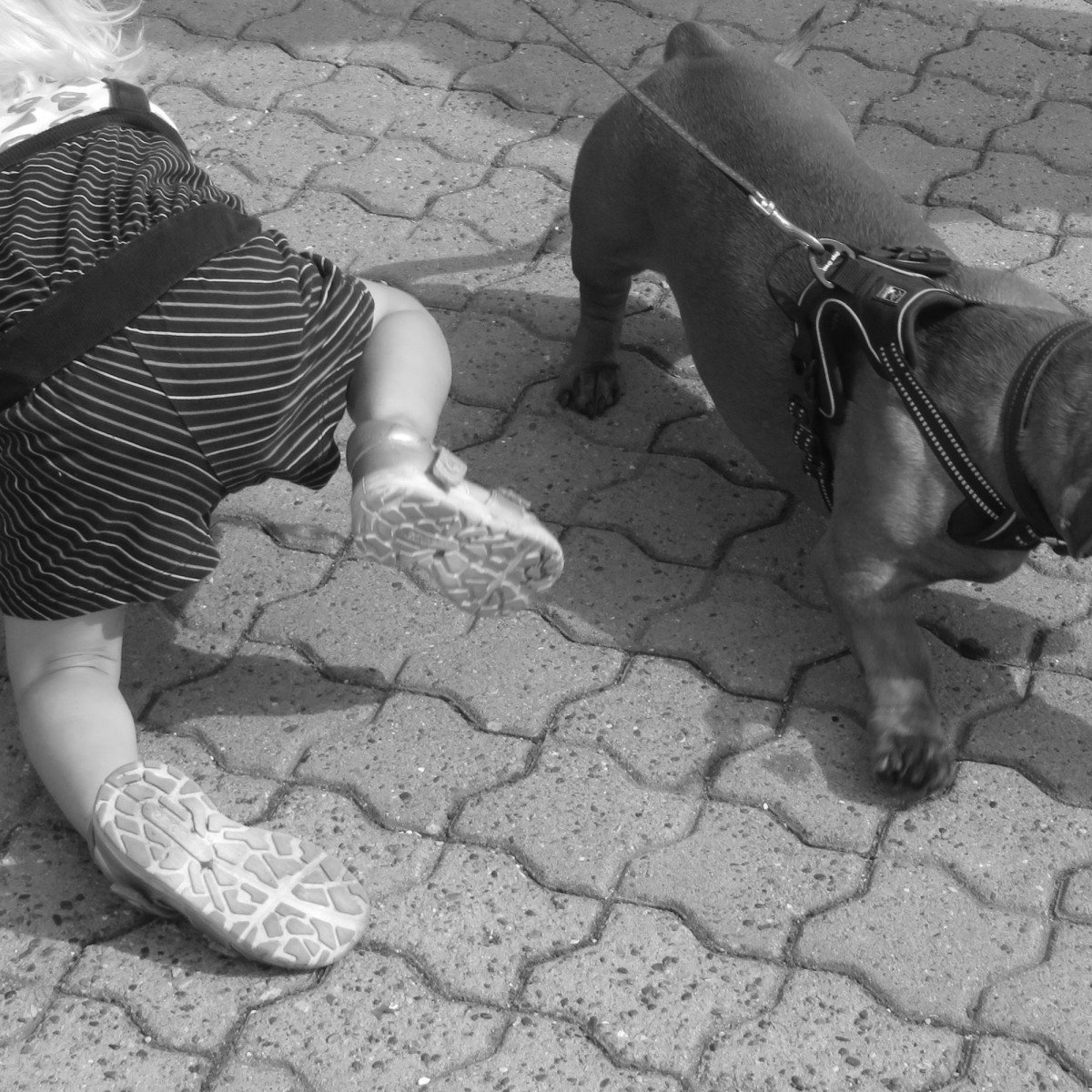Years ago, I recall being approached by a seasoned photojournalist who shared an intriguing encounter. On a sweltering afternoon in a bustling metropolis, he spotted the perfect moment: a street musician lost in his melody, oblivious to the world. He raised his camera, heart racing, just as a gust of wind sprung up, carrying away the musician’s hat and scattering coins everywhere. An image of despair etched on the street performer’s face led to an internal debate: photograph the scene or help him pick up his coins. He chose the latter. Ever found yourself in a similar predicament? Just where do we draw the line between capturing moments authentically and the moral obligations we have towards our subjects?
Photography, like any art form, walks a fine line between creating a visual narrative and respecting one’s subject. However, many aspiring photographers are oblivious to the significant importance of photography ethics. According to various studies, only 38% of photography students are aware of ethical standards set by the industry!
The Cost of a Click
‘Click’, and a moment is immortalized. ‘Click’, and a story gets told. But sometimes, ‘click’, and a line gets crossed. This is where the meat of the matter lies, doesn’t it? Understanding when to click and when not to? Let’s dive into some of the key aspects that ought to shape your ethical lens – model consent, editing ethics, and public photography.
Model consent is not merely signing of a release form. It’s about ensuring your subjects are comfortable with how their image is used. How would you feel if your image was unexpectedly splashed across a controversial advertising campaign without your knowledge or consent? Uncomfortable and exploited, perhaps? Surely, photogs would not want to incite such feelings.
Then come, editing ethics. The powerful software tools at our disposal today are like double-edged swords. They can transform a bland scene into something awe-inspiring, but they can also be used to misrepresent reality in an unfair or harmful way. Remember the saying, ‘the camera never lies’? Well, in the era of digital manipulation, perhaps we need to revise that to, ‘the camera never lies, but the software might.’
Navigating the Public Domain
Finally, the thorny issue of public photography. Yes, freedom of expression is a cornerstone of our society, and public spaces are generally fair game for photographers. But remember, just because you CAN take a photo, does it mean you SHOULD? Walking down the street doesn’t automatically sign one up for unsolicited photoshoots, right? It is not about legalities away, but about respecting personal space and individual rights.
So folks, the moral compass and ethical code of conduct become as essential as your camera gear. Remember our photojournalist story from before? Rather than being haunted by a compelling photo op missed, he packed up that day, content with having chosen compassion over clicks.
As photographers, we’re not just capturing images; we’re capturing people’s trust. And it’s about time we started treating it with the reverence it deserves. Where do you stand on these issues? Will you simply borrow moments or will you tread lightly, respectful of the lines you traverse? Think about it.


0 Comment